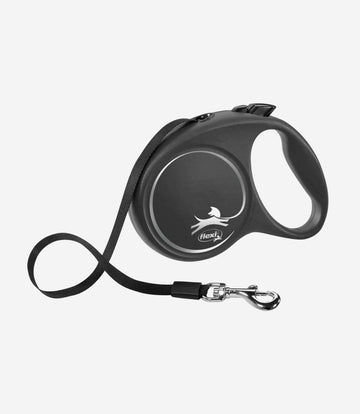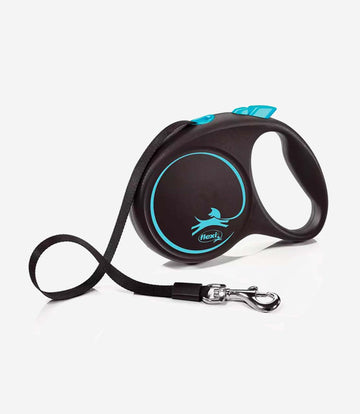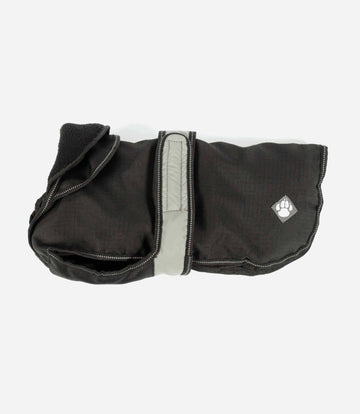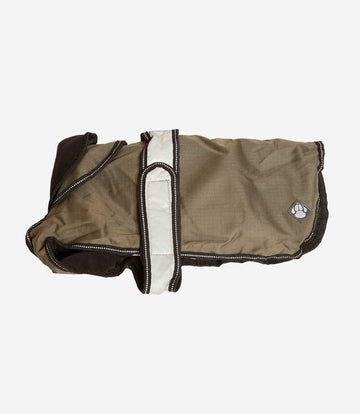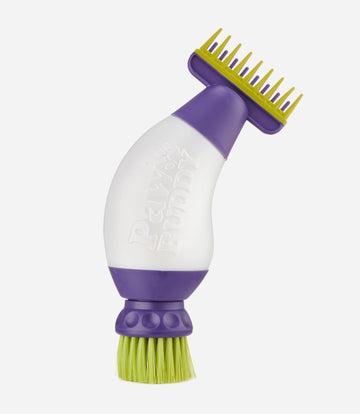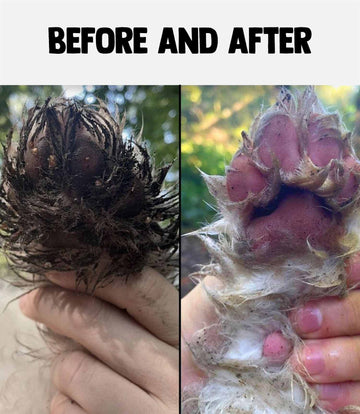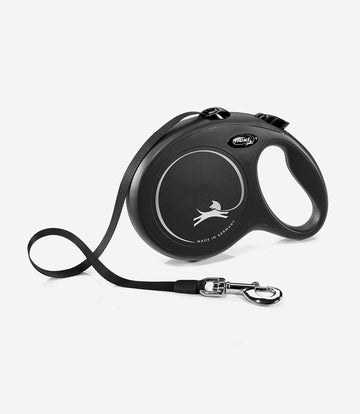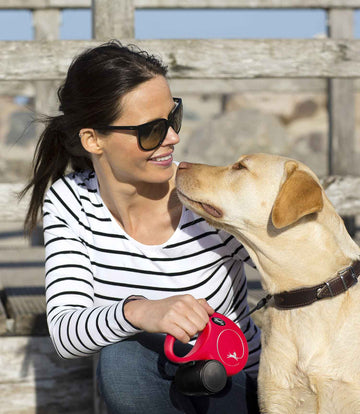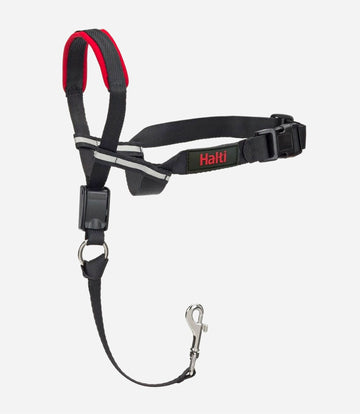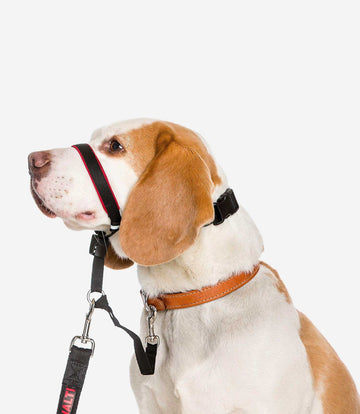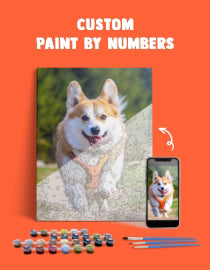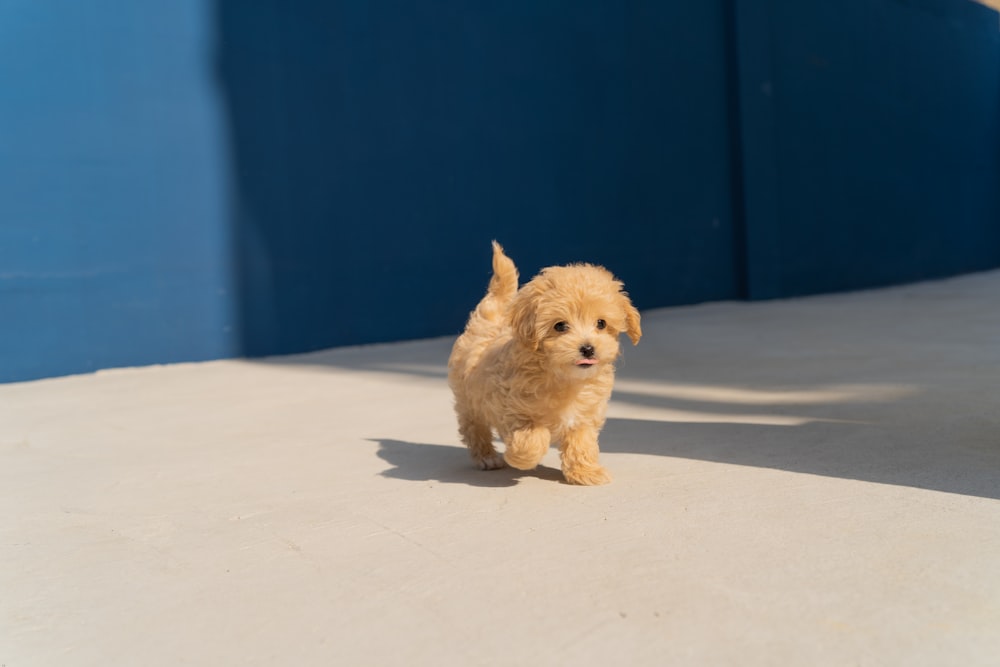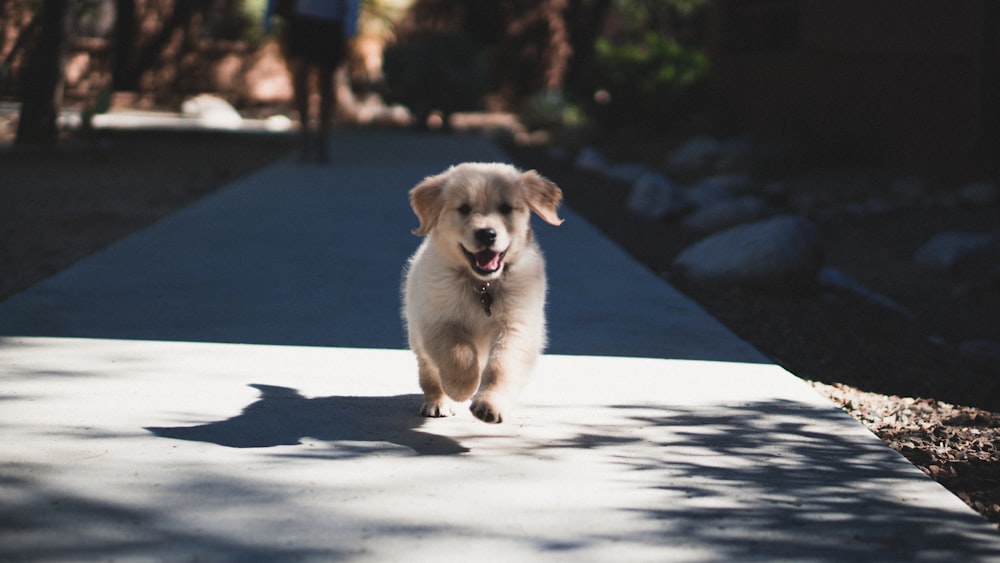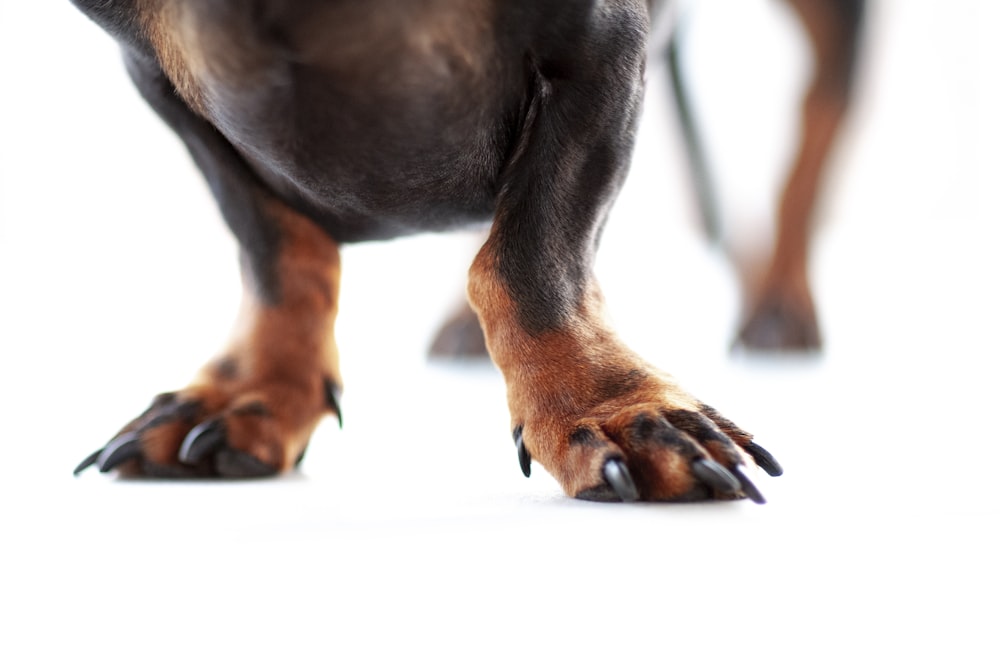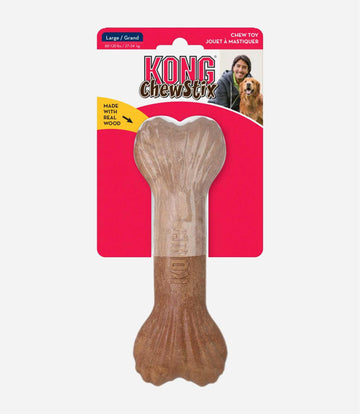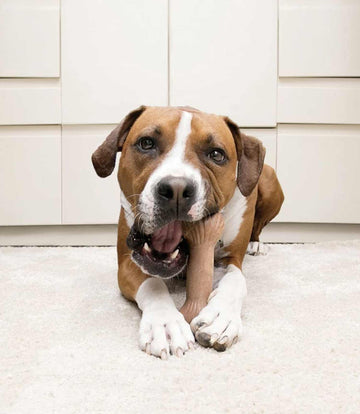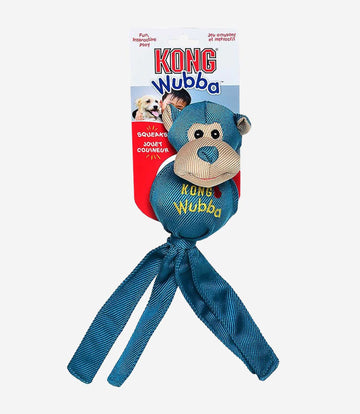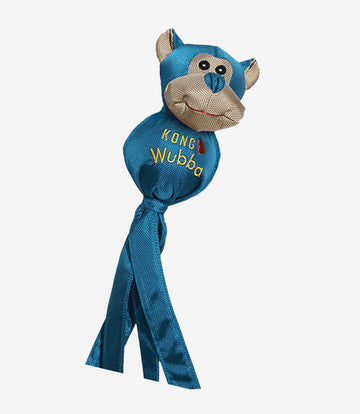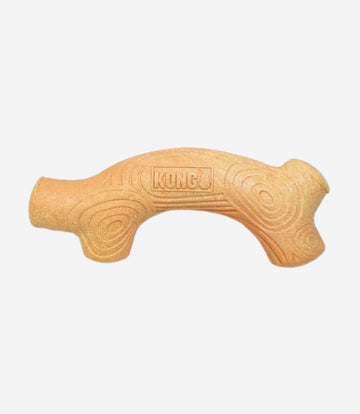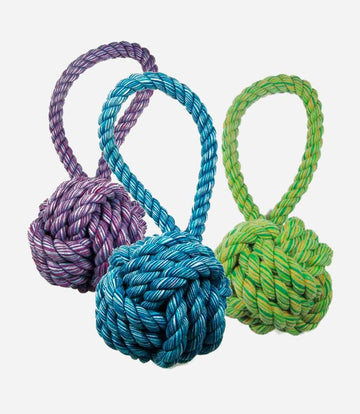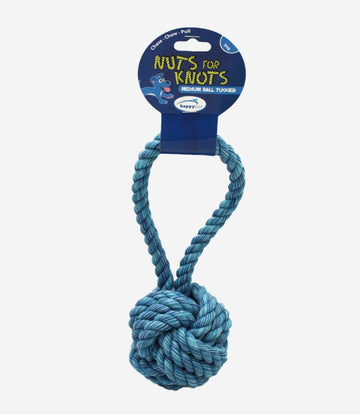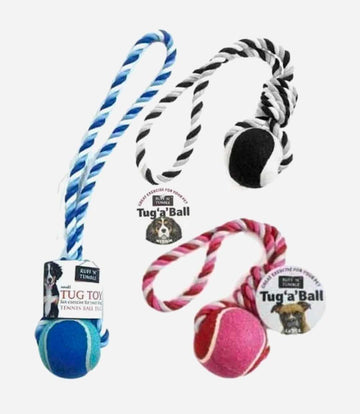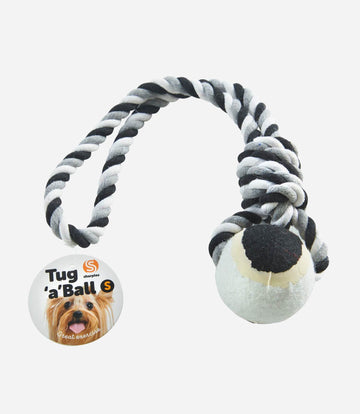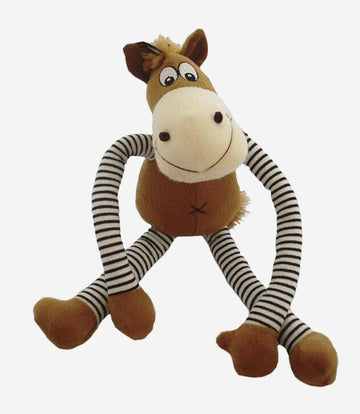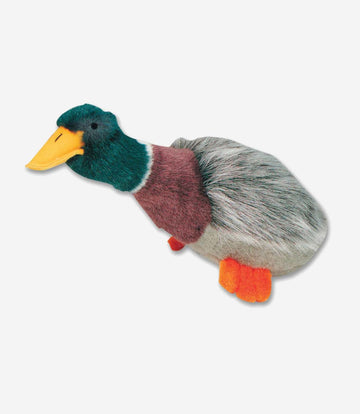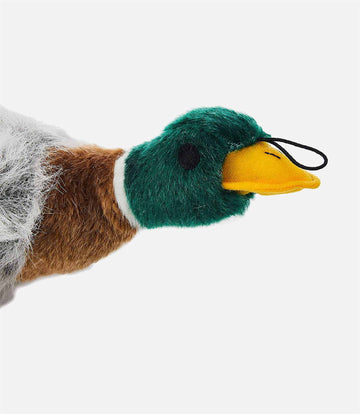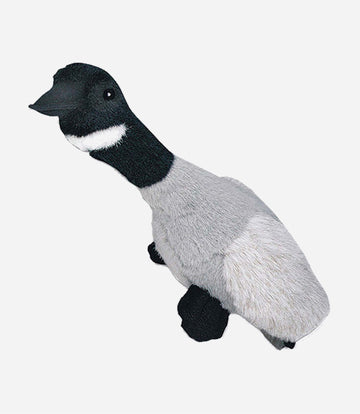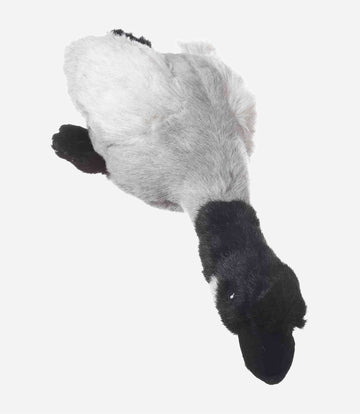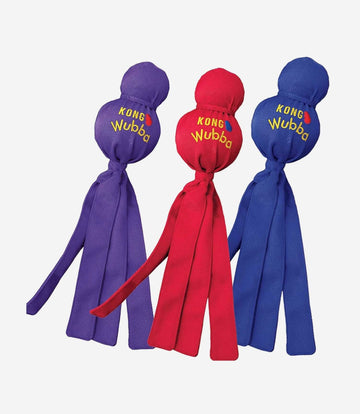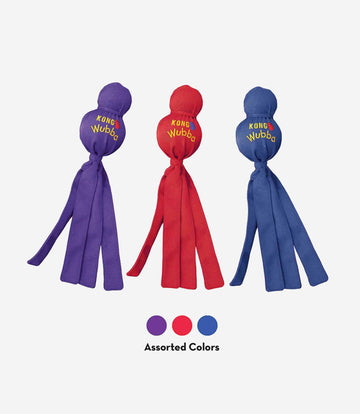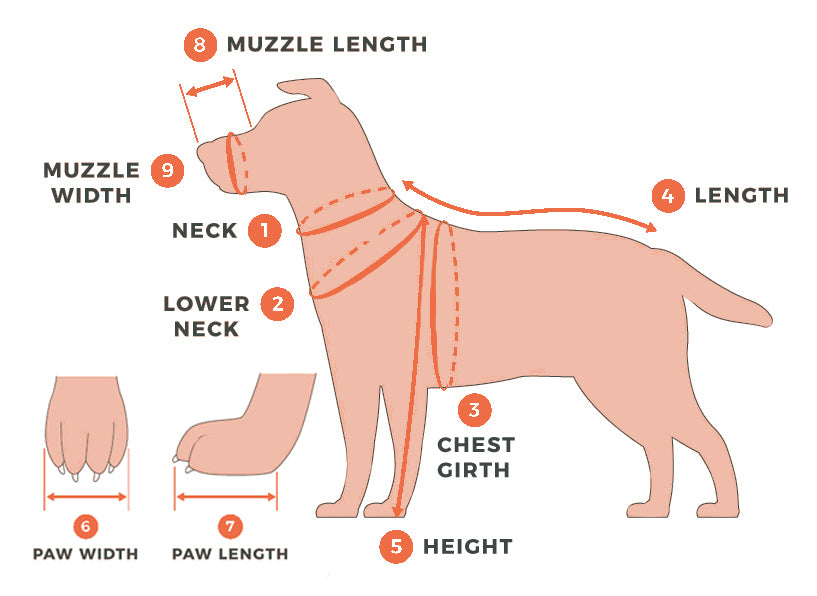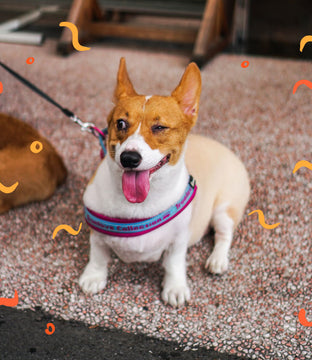How To Help Puppies That Miss Socialisation In Lockdown?
Puppies have a critical time in their lives called socialisation. This socialisation period is the time when a puppy learns to be a dog. Puppies learn to interact with other dogs, play with toys, check in with their human, deal with strangers, and much more during this period.
A puppy that is not socialised properly during lockdown can suffer from a wide range of problem behaviours. One of the main reasons this is so important is because it screws with their brain development.
The lack of socialisation can create all sorts of behavior problems in the future. This blog will provide some tips on how to help puppies that miss socialisation in lockdown.
Why Is Socialisation Important For Puppies?
Socialisation - a type of learning in which your puppy is introduced to the world around them, and it's something you should be encouraging. Meet new people, other dogs, take your dog to new places like the park and your local vet. These are all excellent ways of getting your pup used to socialising.
This process incorporates communication as well so if you're interacting with strangers or at a pet store, for example, try to include verbal commands such as sit or come. Ask hundreds of questions, practice sign language, whistle all sorts of tunes doing so will help solidify these associations with obedience and awareness.
How To Help Puppies That Miss Socialisation During Lockdown?
If you brought your puppy home during the lockdown, it’s obvious you may have done everything you could to socialise him while remaining at home and in your garden. They'll probably be used to the sound of the tumble dryer and are used to loud noises from the television, but you'll need to be cautious when taking them to the next stage by exposing them to life outside of their comfort zone!
Remember that puppies who haven't been socialised before to lock up may pose a safety risk.
Dogs sometimes behave as if they are afraid when there is no clear evidence of any danger. They may be acting defensively out of a sense of confusion. They just don’t understand why something you feel is harmless to you is so scary to them.
This has been called the over-excitement Syndrome, which can present itself whenever dogs get overly excited about something like the mailman or when receiving new toys for the first time. This problem appears when you suddenly start socialising with your dog.
Steps To Socialise Your Puppy
Here is what you can do to socialise your puppy:
1. Start slowly
Puppies don’t come with an instruction manual right away, but you certainly love your pet anyway. An important thing to remember is that the socialisation period may not be over. If this is the case, then it’s up to you to give them time and ensure that your puppy has been exposed to as many potentially frightening experiences. You can take him to the crowds or let him meet certain types of people. Doing this will help ensure that they do not become fearful of these situations forever going forward in the future.
2. Introduce Them to New Things
While it’s tempting to want to introduce your puppy to everything at once, and while they may appear to be fine with this in the beginning, over time, if you try too hard too soon or if you don’t take the right approach, you could end up teaching them that open spaces are not a place for safety.
This means that even when you do take them out into such environments, afterward they will need to be re-introduced slowly and at their pace. If there’s one thing we want you to remember from this article it’s that socialisation is important but it shouldn’t mean forcing things. The best way forward is by taking small steps so your puppy can feel safe and secure at all times.
Remember, take things as slowly as your puppy needs to, and always make sure you are not taking on more than you can handle by following social distancing laws. By going at your puppy’s pace, you can help her get closer to other dogs while staying within required safety limits.
3. Stay Calm While Socialising
If your puppy starts to get upset and begins barking or lunging, do your best not to get mad. After all, it's probably been a long time since they've had the chance to interact with other dogs since you've brought them home.
If you scold them for their bad behavior on every occasion, this could hurt their confidence and make it even harder for them to learn how to properly interact with other dogs as a result.
4. Reward Your Pup
If a dog has never had any training, you should consider using food as a reward because it's one of the best things to use. The problem is that dogs don't like all foods and may even have allergies that make certain kinds unappealing for them to eat.
This can mean problems for your training sessions if your dog isn't behaving or responds better to something other than what you're feeding them.
To avoid these sorts of frustrations, we recommend that before you get started with training your pup you try out a lot of different snacks. Some dogs are motivated by chewing toys while others feel more rewarded if they hear their owner speaking in a calm tone.
The key is finding out what works best for your puppy and if there are any foods or toys that they just aren’t very interested in at all.
5. Stay consistent
You can impress a lot of people just by training your puppy to behave well. It comes down to persistence and patience for many pet owners. It's worth it when these lessons continue; even in difficult times like after lockdown, you'll be glad to realise how much consistency pays off in the long run.
Remember that socialisation should never end with your dog as it will help build their confidence so that they understand what's expected of them in public places.
Conclusion
Even if you miss socialisation during the first few weeks of a puppy’s life, there is still hope! It will take a little extra work and patience, but you can still get a puppy that is comfortable around humans, other dogs, and other new experiences. We hope we have provided you with information that you can use to start socialising with your puppy. If you have any other questions or concerns about socialising your puppy, please contact your veterinarian.

